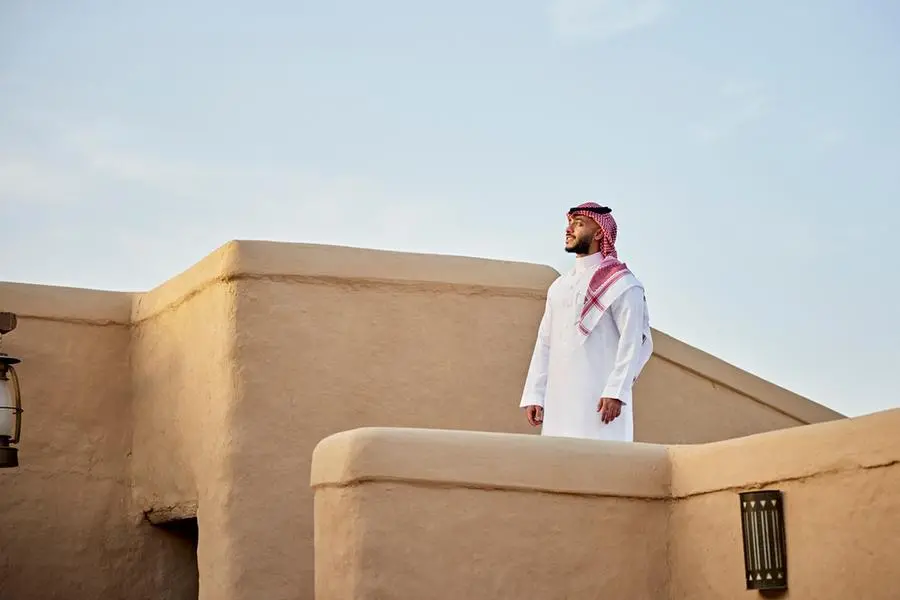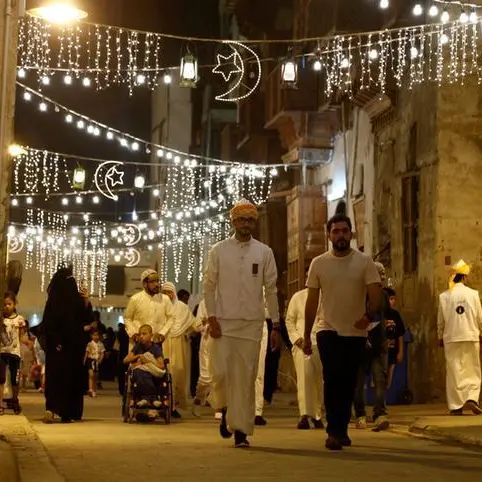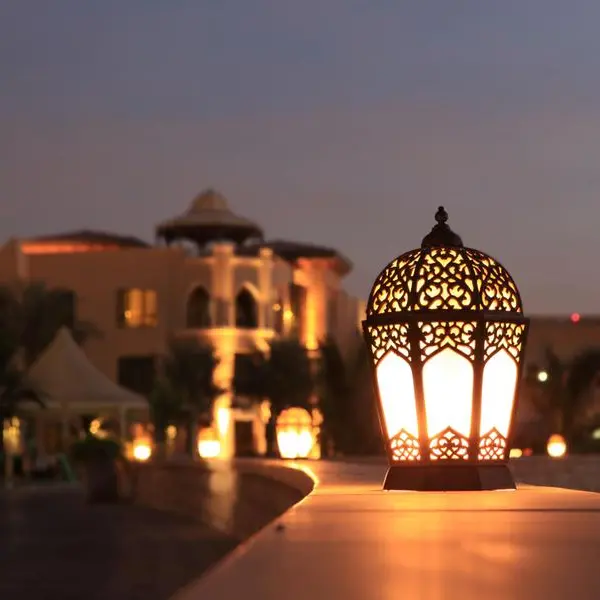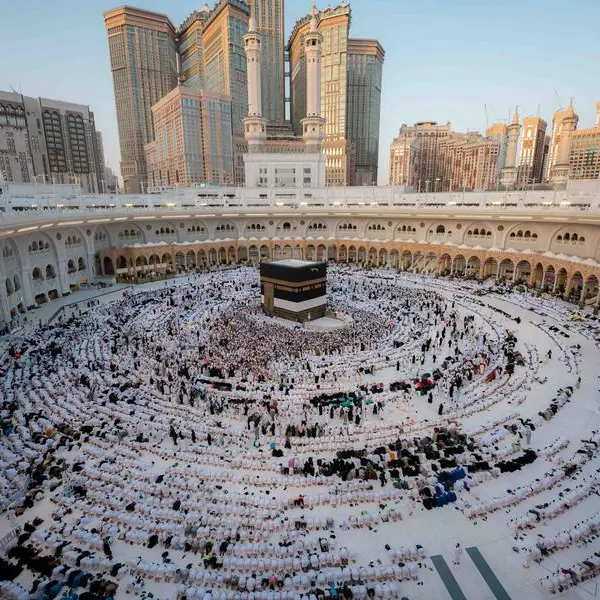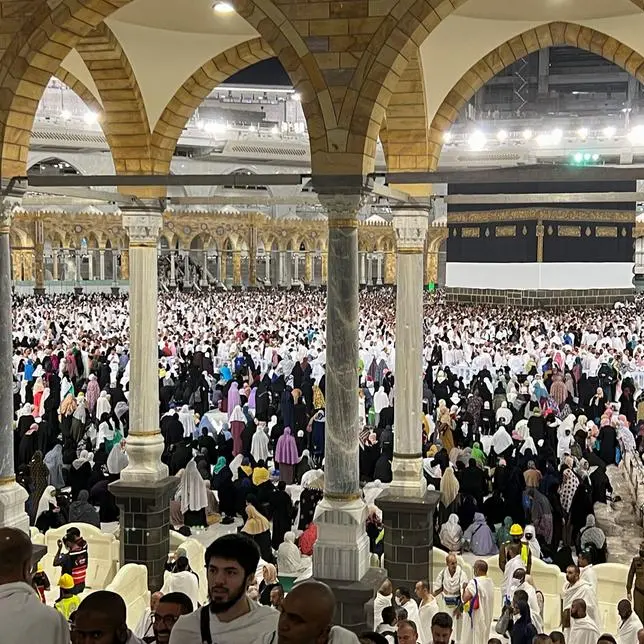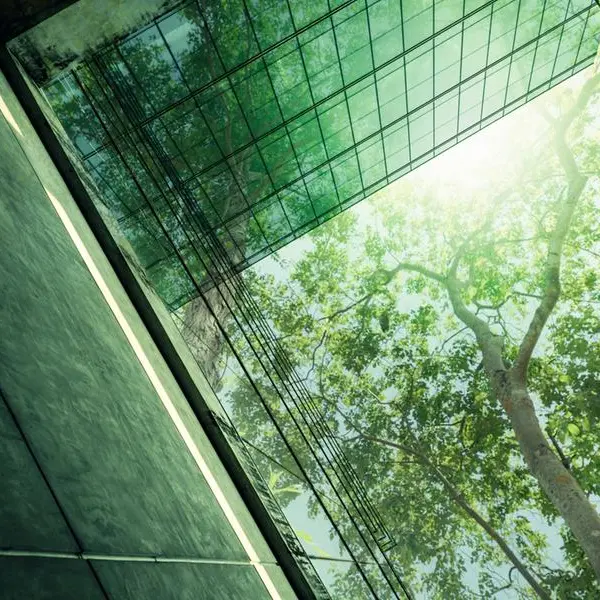PHOTO
JEDDAH: The Jeddah Historic District Programme, in collaboration with Saudi Arabia's Heritage Commission, announced the discovery of 25,000 fragments of artefacts dating from the first two centuries A.H. (from the 7th to 8th centuries AD), the Saudi Press Agency (SPA) reported.
According to a press release from the programme, the project started in January 2020 with exploratory studies and a geophysical survey. The goal was to unveil the historical significance of four key locations: Othman bin Affan mosque, Al-Shona, a segment of the Northern Wall, and Al-Kidwah. This archaeological endeavour falls within the purview of the Jeddah Historic District Programme.
The archaeological discoveries were announced as part of the Historic Jeddah Revival Project.
The project aims to preserve national antiquities and archaeological sites, uncover the rich history of the Kingdom, and promote historic Jeddah as a cultural and tourist destination, in line with the Saudi Vision 2030.
According to the release, in November 2020, the archaeological survey and excavations yielded significant findings, including 11,405 pottery shards weighing 293 kg, 11,360 animal bones weighing 107 kg, 1,730 shells weighing 32 kg, 685 building materials weighing 87 kg, 187 glass artefacts weighing 5 kg, and 71 metal artefacts weighing 7 kg. The combined weight of these archaeological finds is 531 kg; they are a valuable contribution to Saudi Arabia's archaeological discoveries.
Archaeological investigation at Othman bin Affan Mosque revealed artefacts dating back to the first two centuries AH (7th to 8th centuries AD) and spanning different historical periods, notably, ebony pillars found near the Mihrab, analyzed and traced back to Ceylon (now Sri Lanka) Island in the Indian Ocean, which highlight the extensive trade connections of historic Jeddah.
Excavations at the same site also unveiled a collection of ceramic vessels and fragments, including high-quality porcelain. Some of the pieces are made in the Chinese province of Jiangxi and date back to the 16th-19th centuries AD, while older pottery fragments are from the Abbasid era.
The archaeological site at Al-Shona, dating back at least to the 19th century AD, has yielded numerous pottery shards, including porcelain and ceramic from Europe, Japan, and China, dating from the 19th to 20th centuries AD.
